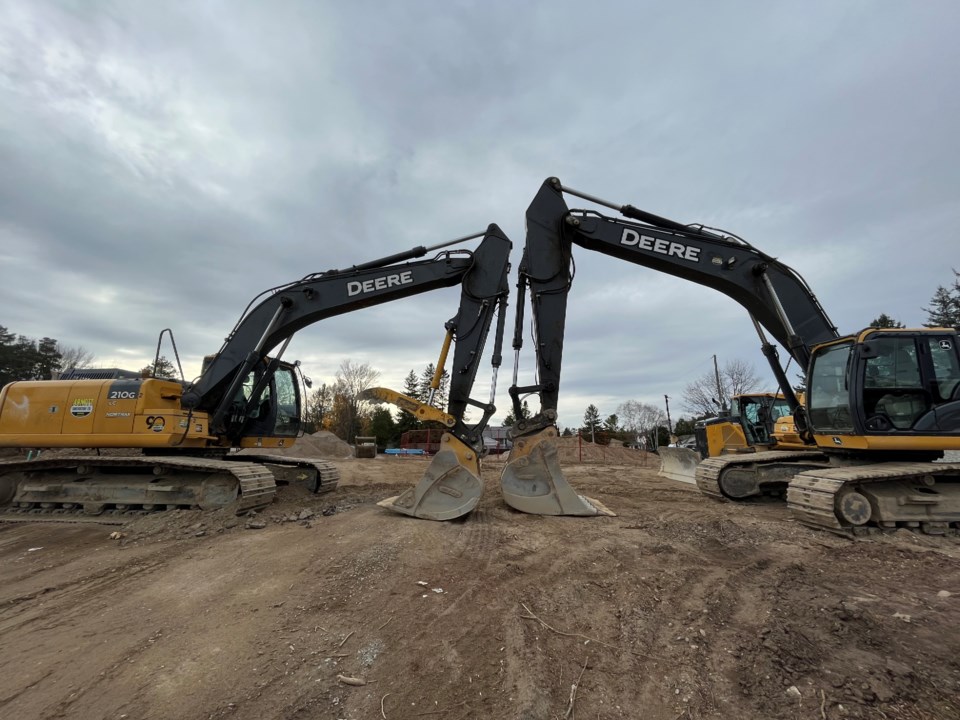Barrie could lose millions of dollars in development charges (DCs) if provincial Bill 23 becomes law.
Craig Millar, the city’s chief financial officer, said the More Homes Built Faster Act of 2022 could greatly impact DCs, which are designed to recover the capital costs associated with residential and non-residential (commercial, industrial, institutional) growth within a municipality from developers so that existing residents don’t have to foot the bill.
“The impact of Bill 23 could cause a reduction in DC revenues between five per cent and 10 per cent on an annual basis,” Millar told BarrieToday. “In 2021, the city collected $100 million in development charges and should be close to this amount by the end of this year.”
Which means Bill 23, which has passed first reading in the Ontario legislature, could cost the city $5 million to $10 million in DCs annually,
“Over time, the impact of Bill 23 could be significant,” Millar said, “further shifting growth costs onto existing property taxpayers and impacting the city’s ability to finance planned capital works, both growth-related and renewal works.
“In last year’s long-range financial plan update, it was estimated over the next 20 years, the city would incur growth-related costs of up to $4.2 billion funded by development charges," he added.
This kind of additional pressure on property taxes could also make it more difficult for Mayor-elect Alex Nuttall to keep his campaign promise of no property tax increase during this term of office. The pledge does not include Barrie’s dedicated infrastructure renewal fund, designed to renew and replace city roads, pipes and buildings.
Nuttall and the rest of Barrie’s 2022-26 city council will be sworn in Wednesday night.
The Ontario government says it has committed to building 1.5 million new homes during the next decade. Bill 23 is part of a long-term strategy to increase housing supply and provide attainable housing options for Ontarians and their families.
Part of the plan is changing how DCs work.
The Act would, for example, exempt development charges for the creation of affordable residential units and attainable residential units, for non-profit housing developments and for inclusionary zoning residential units — a land-use planning policy tool to create mixed-income developments in city areas where the market hasn’t provided for a mix of housing prices and rents on its own.
The method for determining DCs would be changed to remove the costs of certain studies from the list of capital costs considered in determining a DC that may be imposed, and to require DCs to be reduced from what could otherwise be imposed during the first four years a bylaw is in force.
Unless it expires or is repealed earlier, a DC bylaw expires five years after it comes into force. This would be amended to extend this period to 10 years.
Development charges in the case of rental housing development would be reduced by a percentage based on the number of bedrooms.
And for certain services, municipalities would be required to spend or allocate 60 per cent of the monies in the reserve funds annually.
All of these changes would amend the Development Charges Act, 1997.
The County of Simcoe has said it could lose at least $175 million in development charges during the next 10 to 15 years, because of Bill 23.
The More Homes Built Fast Act 2022, had first reading in the legislature Oct. 25 and is in the standing committee on heritage, infrastructure and cultural policy, being debated and prepared for second reading.



